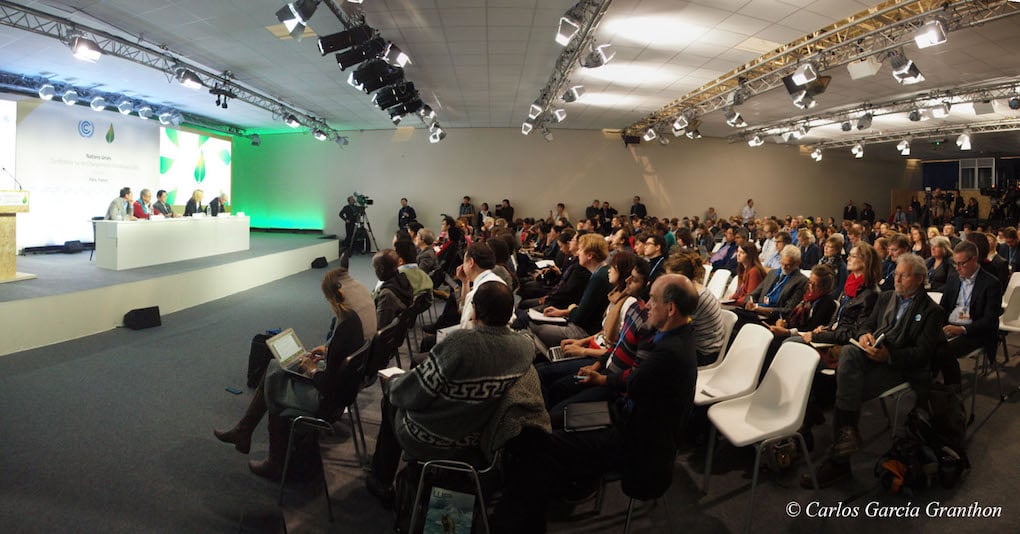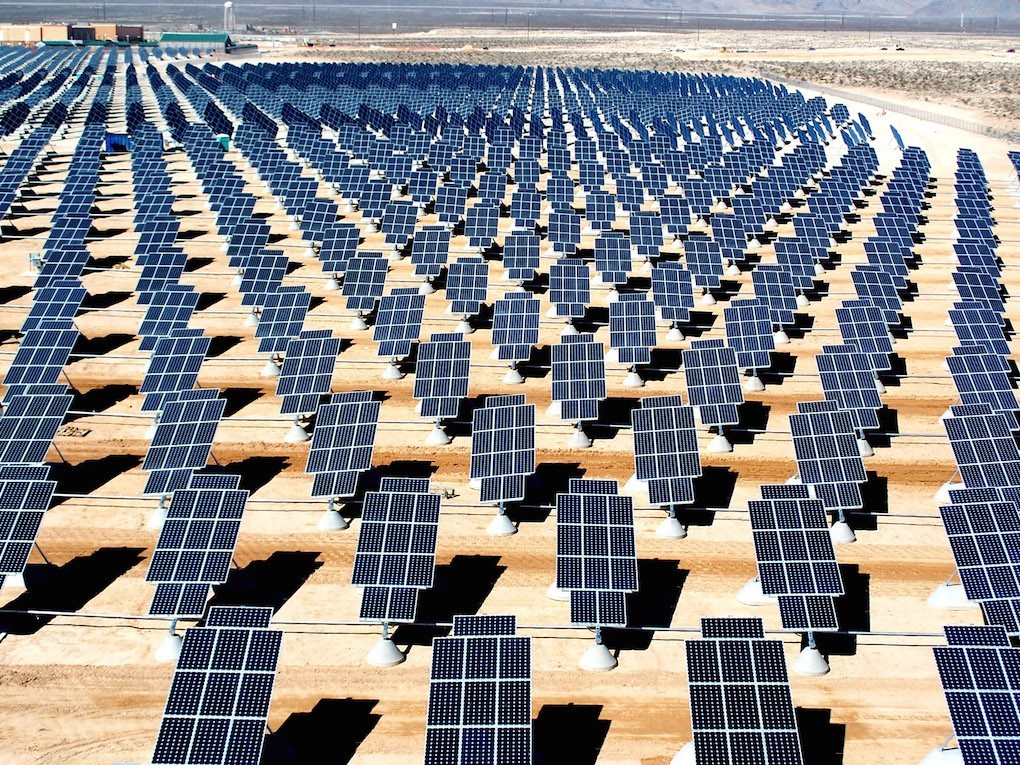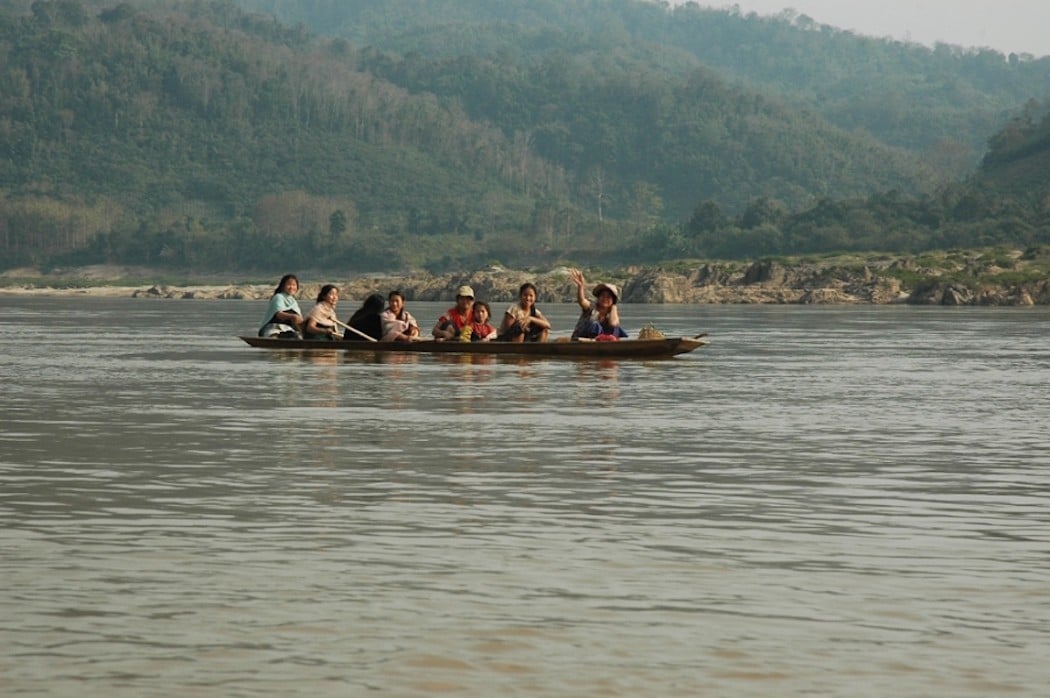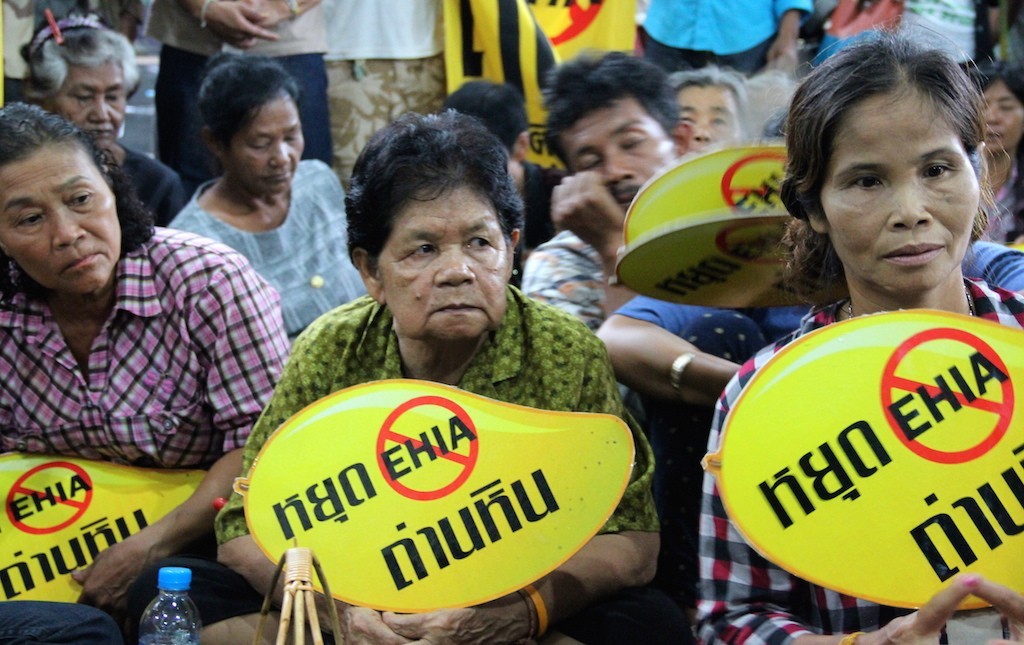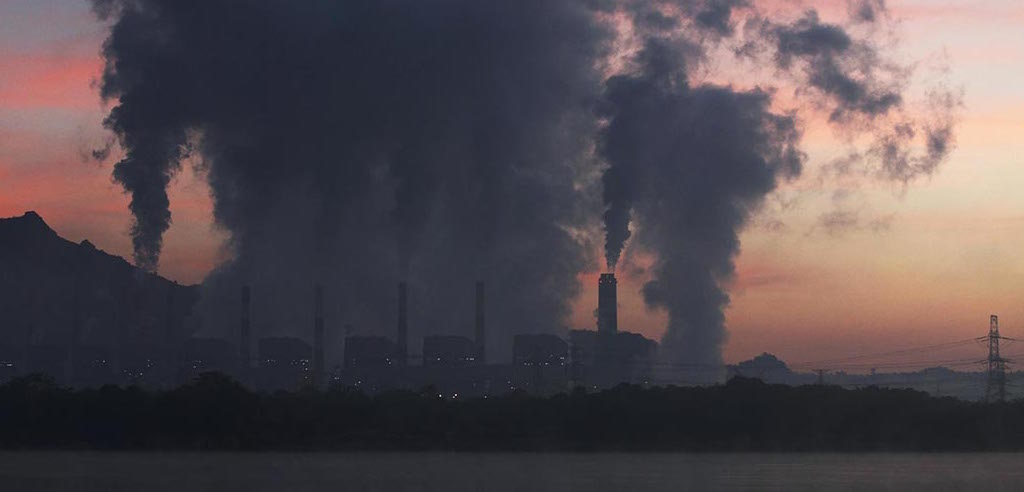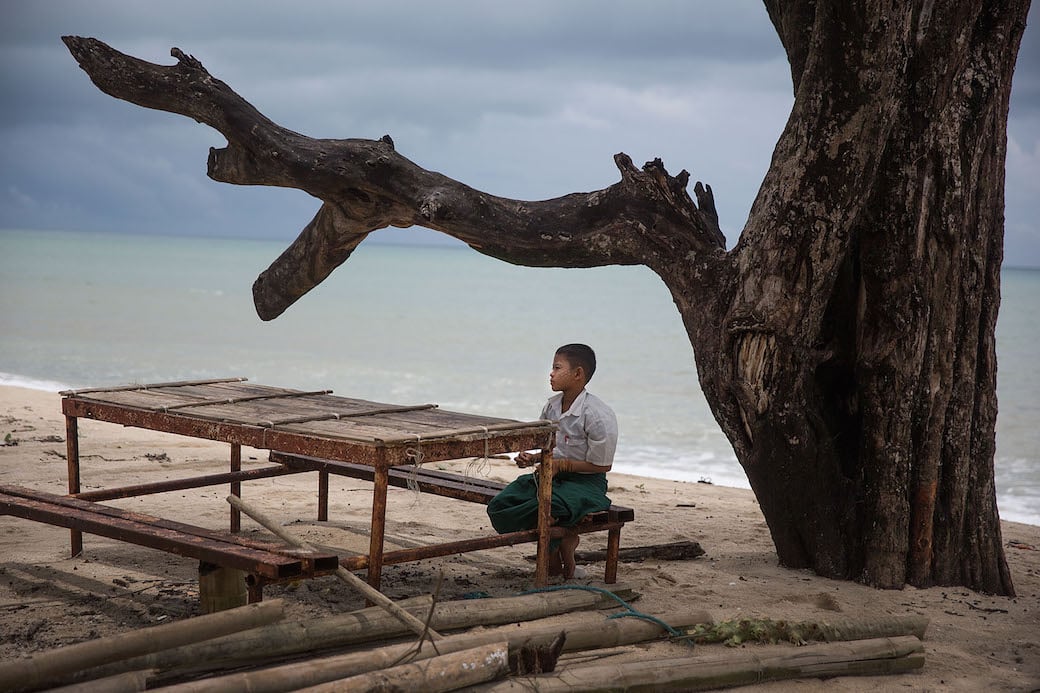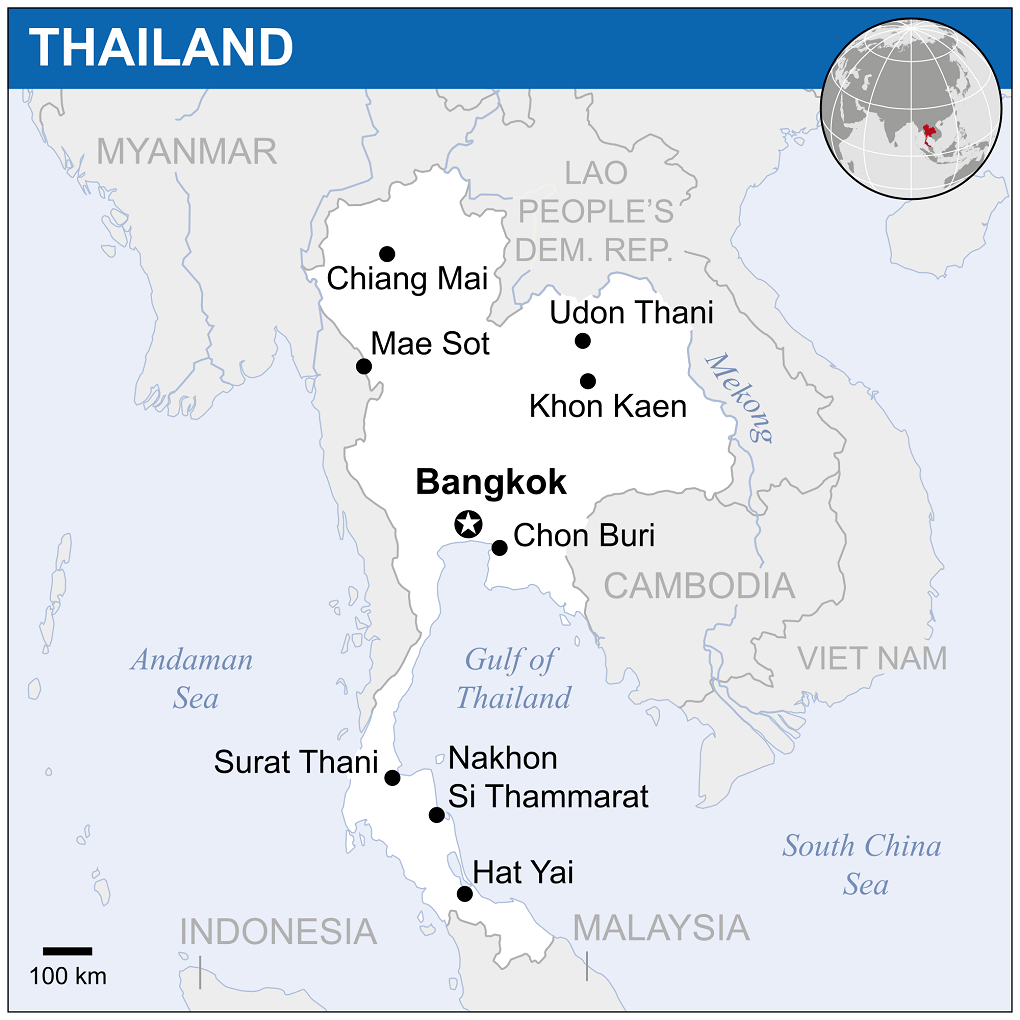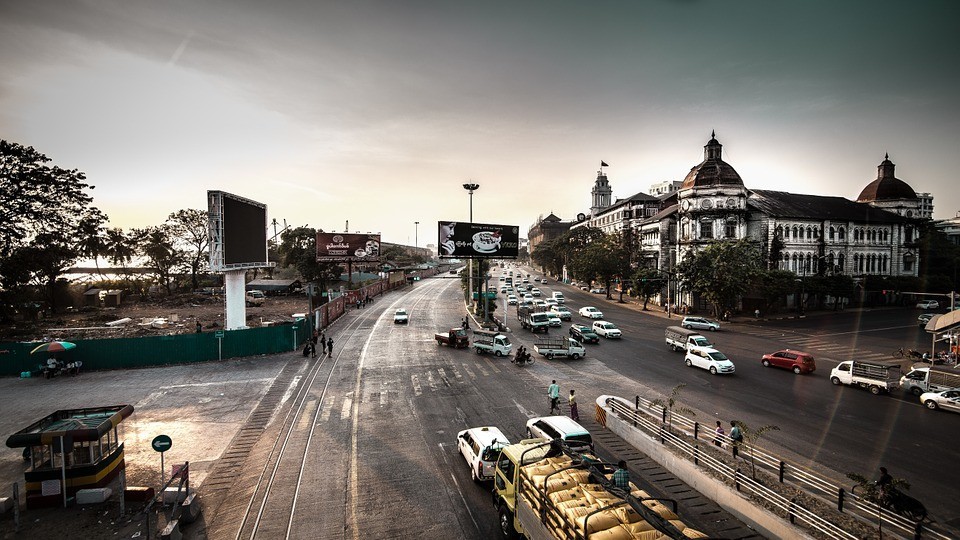Facing a severe drought this year, Thailand is pumping water from the Mekong river to irrigate farms inland. It also wants to divert larger volumes, despite warnings from environmentalists about the downstream impact.
Pumping is now taking place in north-eastern Thailand, a parched region separated from Laos by the Mekong. In Nong Khai province, where a sluice gate between the Mekong and its tributary located within Thailand is now closed, temporary pumps are extracting water from the river at a rate of 15 cu m per second to water crops.


